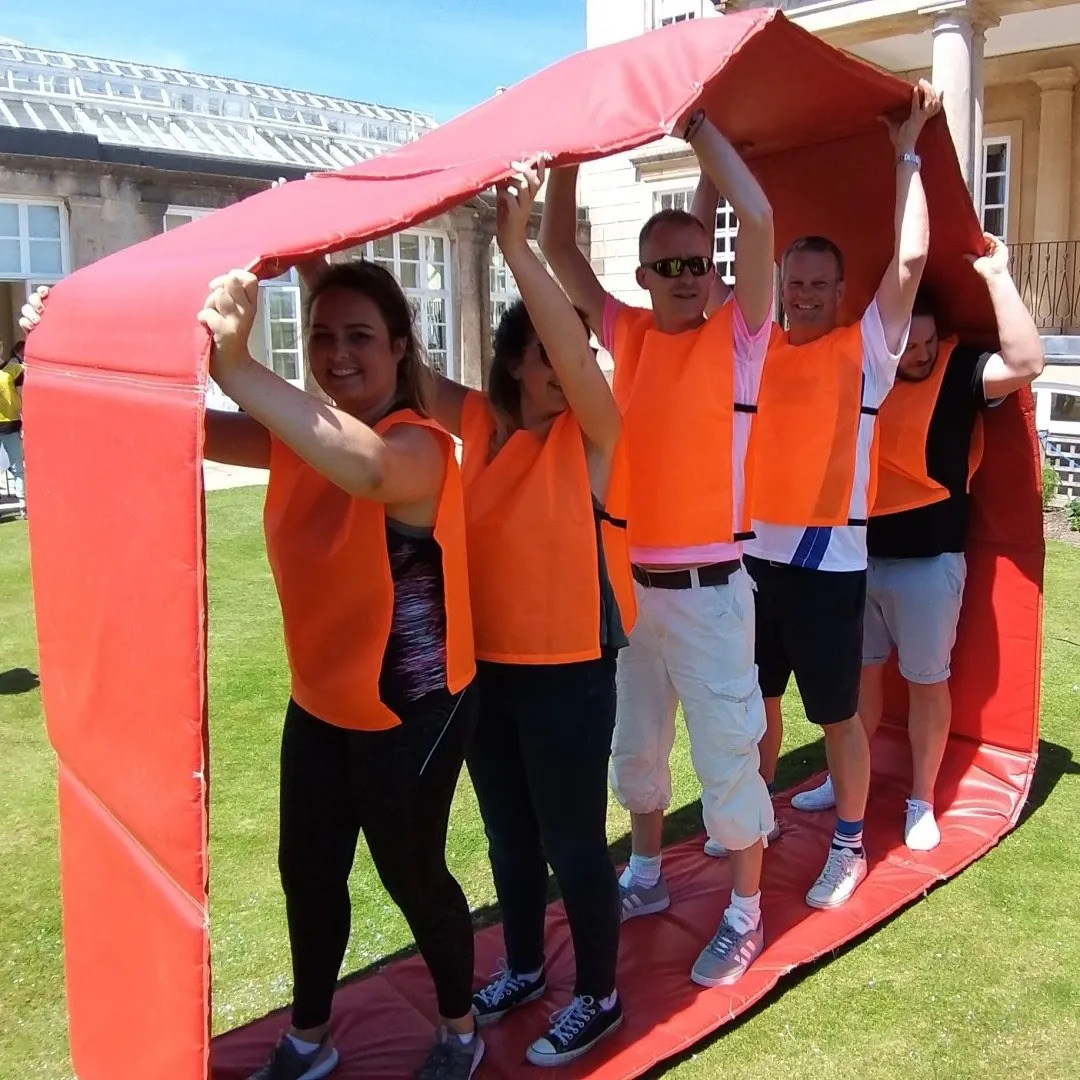Collaboration and teamwork have been widely discussed in the corporate world for quite some time. Many organisations and groups have responded by hosting team development seminars, events, speakers, and retreats, to varied degrees of success. The annual budget for such initiatives typically runs into the millions.
Participants at special events and retreats on any topic generally express an initial burst of enthusiasm for working together, but this is rapidly replaced by the drudgery of returning to normalcy once the event concludes. But every once in a while, something happens that truly “sticks,” and it ends up having a long-lasting impact on the team and the workplace as a whole. Compared to events that just cost money and get people out of the office for a few hours or days, what distinguishes effective team training?
Actions Taken Before the Big Day
Having a procedure in place that starts a long time before the actual team building event takes place is crucial. Seminar leaders are interviewed, possible participants are polled for their thoughts, and previous Team Building Activities and their impact on the organisation or group are analysed.
The most effective method for getting information at a team development seminar is to conduct an anonymous survey of all participants. All participants must be assured that their answers will remain anonymous. A simple survey asking “What are the major strengths and problems of the team?” might provide the seminar leader with invaluable information that the team leader at the workplace may not yet have.
Structure of Happenings
The structure of a team development seminar can make or break its success by providing either too much or too little information or practise. Even while a pre-event survey can make even the general content more relevant than at previous events, attendees still need time and space to reflect on what they’ve learned on the day of the event before returning to their hectic routines and possibly never applying what they’ve learned.
As a teaching tool, a comprehensive definition of “team” that is provided in such a way that the group now has a common concept of “team” or “teamwork” is quite useful. Some ways of articulating these things are more helpful than others in establishing a single vision, but what really matters is that all members of the team have the same basic notion in mind. Beyond this crucial launching point, the content can be structured in a wide variety of ways depending on the needs of the unique group, but key themes include team communication, team trust, team motivation, and team evaluation.
There are two great methods that help immensely with implementing the ideas in practise. One way to do this is to set aside time for both large and small groups to talk about the principles discussed and brainstorm ways to put them to use. It’s preferable to reach consensus on a single application idea rather than have several people go home with conflicting plans.
Team exercises that build upon the seminar’s theoretical content are another crucial element for spreading the event’s lessons beyond the classroom. Many more energetic, generally outdoor, team building programmes teach broad ideas of teamwork without providing any real-world application. Active team building exercises can help cement the theory that has already been applied to the groups’ team environment at an event formed by pre-event research.
The one real drawback to an otherwise perfect team-building class is that so few businesses get both the theory and the actual application right. There are, however, a few forward-thinking training institutions that are forming partnerships with others based on their respective expertise. For instance, a company that typically hosts outdoor team building events would work with a team building speaker to split the event’s duration into two halves: the first would focus on classroom instruction, while the second would focus on practical application in the field. This format for corporate team development workshops is much more effective than, say, going on a strenuous trek or rappelling together.
As an additional, often neglected part of team training, the cultivation of a shared sense of worth and enthusiasm for the group is essential to their success. It’s one thing to know how teams work; it’s another to genuinely believe in teamwork and take pride in fostering its growth and development. The success of a team building seminar depends on the enthusiasm of the participants and the enthusiasm of the facilitator, both of whom should be enthusiastic about the topic and the potential of teamwork.
Sustaining Communication After a Major Event
A post-event approach that jogs attendees’ memories about the seminar’s themes and how they might put them into practise is the final element of highly effective team building seminars. A simple email autoresponder series can accomplish this, and it’s surprisingly efficient and inexpensive. A post-event survey, a follow-up event where the team building speaker conducts a follow session to reaffirm what transpired at the bigger event, and even phone calls to individual team members for coaching and consulting are all possibilities. In spite of the fact that this may seem and be fairly costly, many team building seminar leaders will include follow up at a considerably discounted pricing, and will even be pleased by a business that takes team development so seriously. At the end of the day, team leaders might use team meetings to review notes and report on how the collaboration concepts are being implemented.
Conferences aimed at establishing teams within corporations come in a wide variety of quality levels. The return on investment (ROI) of a training that includes a pre-event survey, a combination of theory and application, and a well-thought-out post-event follow-up approach will be far higher than that of a Team Building Bedfordshire retreat held in even the most exotic place.









































